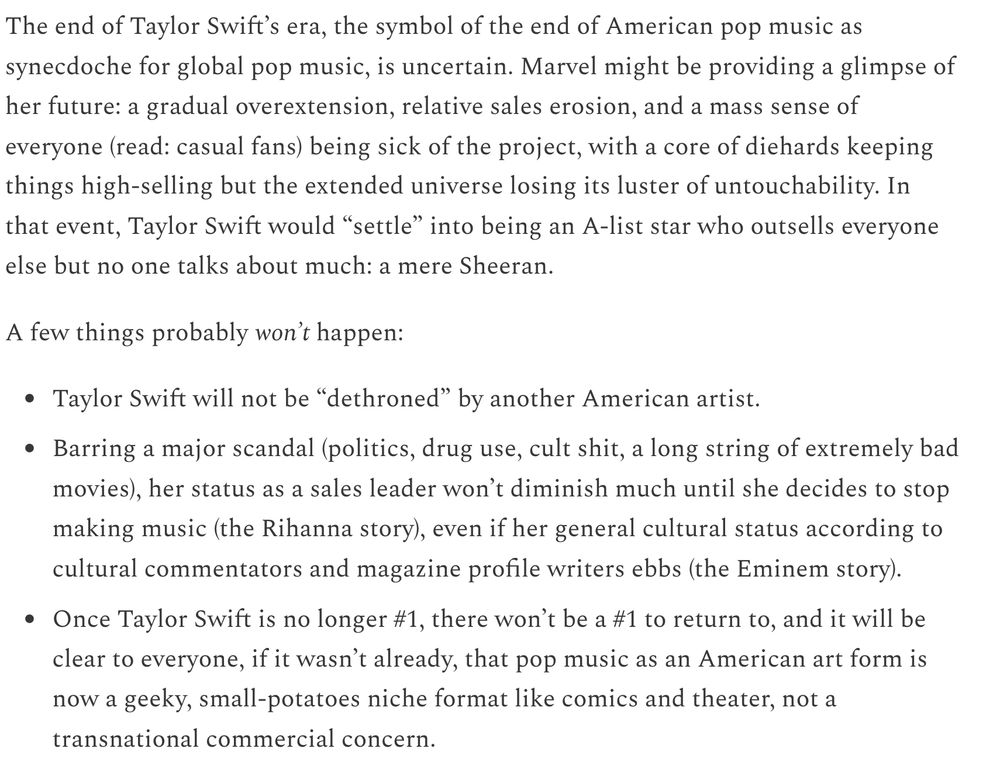W. David Marx
@wdavidmarx.bsky.social
1.9K followers
120 following
440 posts
Author of Ametora, Status and Culture, and the upcoming Blank Space: A Cultural History of the Twenty-First Century (Nov '25). Newsletter at http://culture.ghost.io. Tokyo, Japan.
Posts
Media
Videos
Starter Packs
Reposted by W. David Marx











